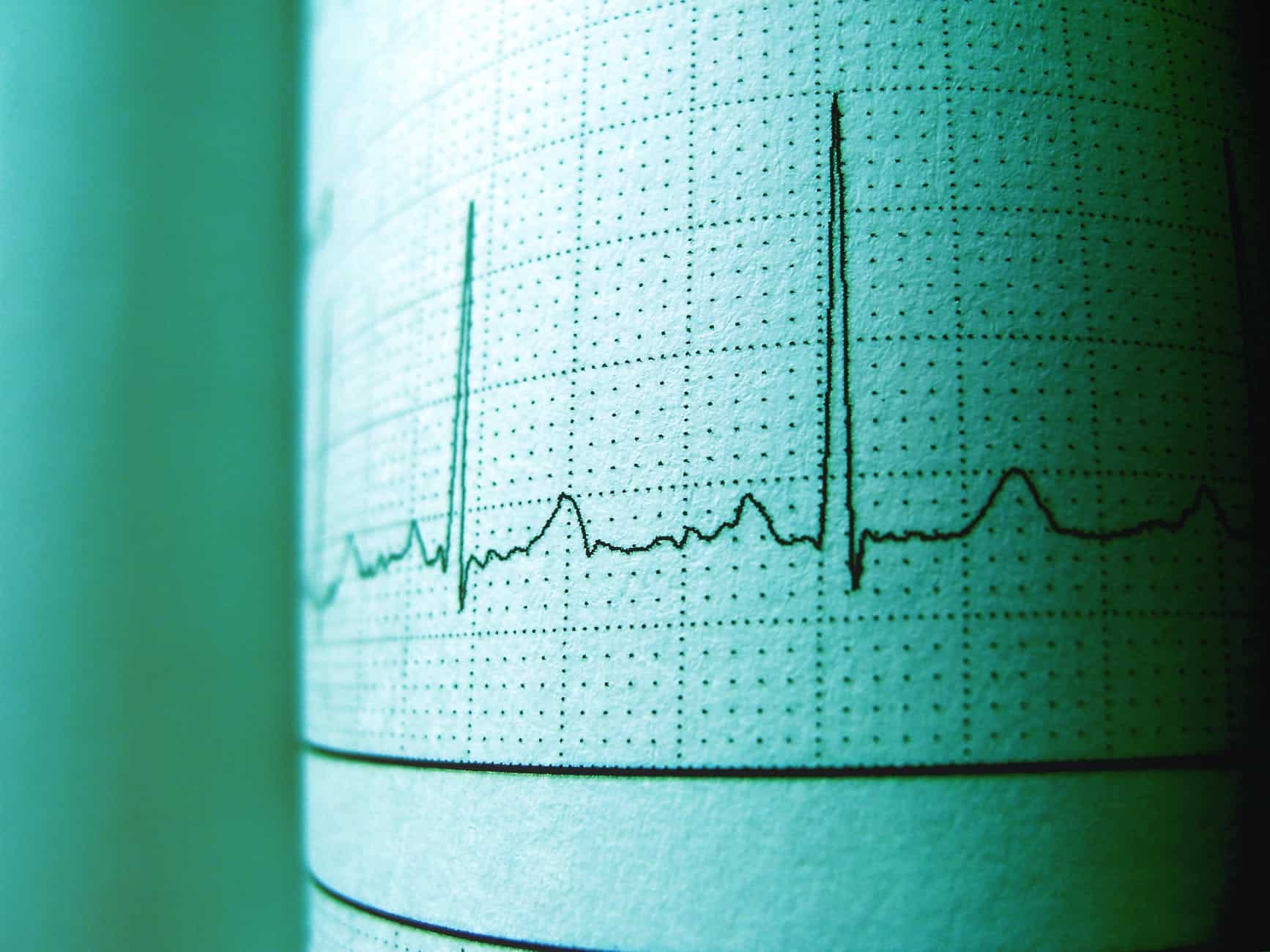4 Common Examples of Cardiology Malpractice

Every healthcare provider is vulnerable to litigation. Some specialists, however, are far more likely to be sued than others because of the nature of their work.
If an OB-GYN makes a mistake, for example, two patients’ lives are at risk instead of just one. Since the resulting damages will likely add up fast, the affected family will have considerable incentive to take action.
Cardiologists tend to face a lot of medical malpractice suits, as well. In one survey, 6 out of 10 such specialists claimed to have been sued. And among the respondents who faced legal action, more than half had been named in not just one but two to five lawsuits over the course of their careers.
Let’s take a look at some of the most common issues that warrant legal action against cardiologists:
-
Diagnostic Errors
When a cardiologist fails to diagnose a myocardial infarction (MI), or heart attack, the consequences can be devastating. Unfortunately, because MIs present a broad range of symptoms, they’re often diagnosed late or incorrectly. In one review, this and other diagnostic mistakes were responsible for 1 out of 4 lawsuits against cardiologists.
-
Inadequate Record Keeping
Most patients with cardiac issues will see multiple providers over the course of their care. As such, physicians—both specialists and general practitioners—have an obligation to complete each patient’s records accurately and thoroughly. Failing to document pertinent details about the patient’s diagnosis or treatment on a platform that allows for dissemination could end up proving catastrophic.
-
Improper Treatment Protocol
Doctors, nurses, and other healthcare providers must follow the most widely accepted standard of care when devising and implementing a treatment plan. Should they deviate from the standard of care, the patient may have grounds for legal action if complications arise as a result.
Some of the most common treatment issues that lead to medical malpractice suits include:
- Starting with the most invasive modality before attempting less risky approaches;
- Failing to inform the patient of all possible risks or viable alternatives before proceeding; and
- Failing to provide adequate follow-up care.
-
Surgical Mistakes
Cardiac surgery is inherently complicated and poses considerable risk to the patient. In other words, if a procedure doesn’t yield the anticipated outcome, that doesn’t necessarily mean malpractice occurred.
In that same vein, though, surgeons can—and do—make mistakes. Surgical errors are so prevalent, in fact, that they’re believed to be the second leading cause of lawsuits against cardiologists.
Common surgical mistakes include:
- Performing the wrong procedure;
- Operating at the wrong site;
- Failing to monitor the patient’s vitals;
- Administering too much anesthesia; and
- Leaving an instrument or sponge inside the body cavity.
Speak with a Florida Medical Malpractice Attorney Today
If you or someone you love received substandard care from a cardiologist, contact Emerson Straw. We take great pride in helping the injured and ill pursue the compensation they need to move on with life. Call (727) 821-1500 or use our Online Contact Form to set up a free consultation with a medical malpractice lawyer.
